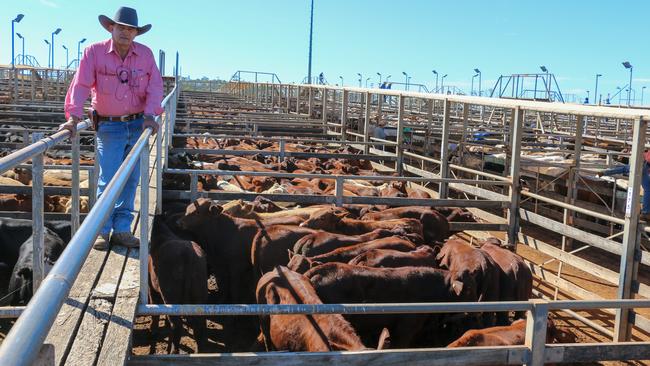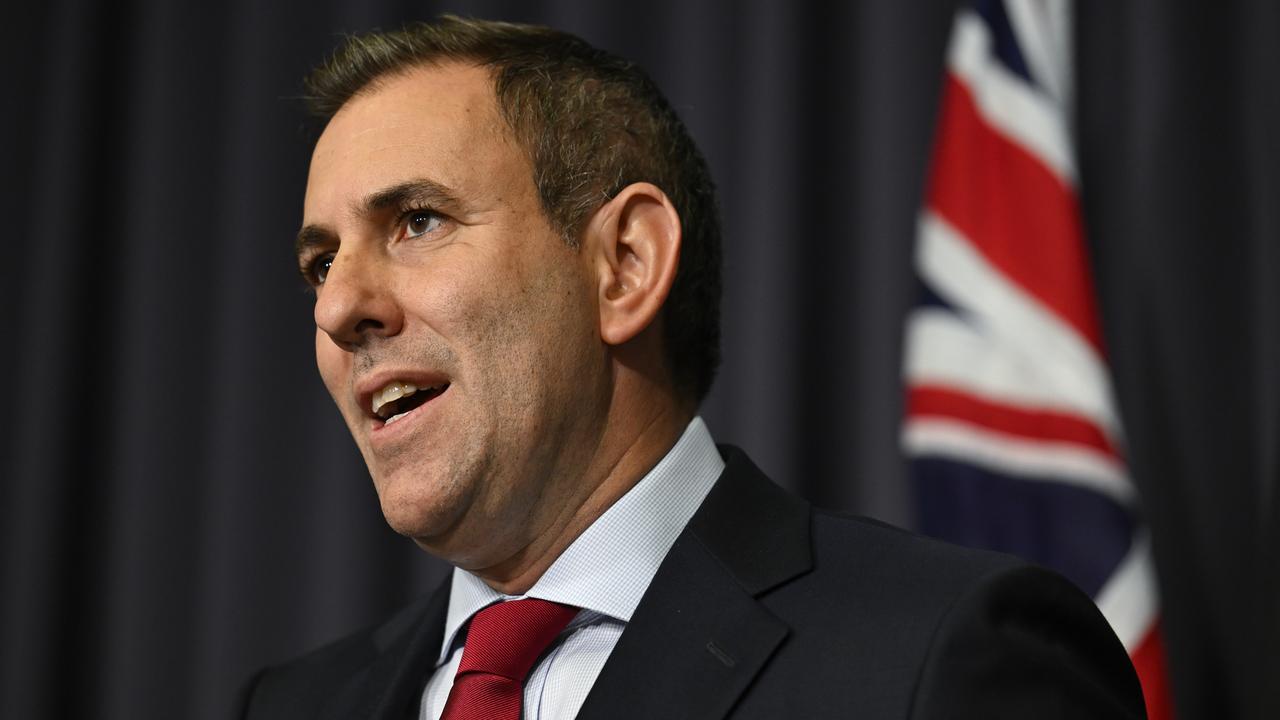China tensions distorted: Elders CEO Mark Allison
Trade tensions with China are being exaggerated, says Elders’ CEO, revealing a near doubling in the group’s half-year profit.

Trade tensions between Australia and its biggest trading partner China are being morphed into something they are not according to Mark Allison, the chief executive of listed beef and agribusiness play Elders.
China has suspended exports from four Queensland abattoirs and threatened an 80 per cent tariff on Australian barley as Prime Minister Scott Morrison stands firm on his push to investigate the origins of coronavirus.
But Mr Allison said the trade tensions have been caught in the geopolitical stand-off, after simmering for 18 months, long before the coronavirus outbreak.
“The barley issue has been going for 18 months and they have raised legitimate issues with what they believe was the dumping of barley in China, as we have raised 10 times as many issues against China in the same process,” Mr Allison said.
“And for the abattoirs, they didn’t comply with quality assurance labelling in 2017. The same thing happened and we were in dialogue going backwards and forwards.
“I think there is a danger that the debate is being described as something that it’s not. Australia has trading partners across the world and we have ups and downs with all of them.”
Australia’s ambassador to China threatened a boycott of Australian products over the Morrison government pushing for a global independent probe into COVID-19 at the World Health Assembly, warning “maybe the ordinary people will say, ‘Why should we drink Australian wine? Eat Australian beef?”

The tensions triggered outspoken Victorian Liberal MP and opposition planning spokesman Tim Smith to attack the Andrews government for pressing ahead with its belt and road agreement with China and urged caution against the Asian powerhouse because it wasn’t a democracy.
But Mr Allison said critics of Australian China relations had little insight into the trade partnerships between the two countries.
“Where is the chorus coming from that says ‘hold it, let’s ease up here’? That’s coming from businesses who actually do it and have the relationship, the give and take, and states who also have those investments.
“The rest of the argument is coming from areas that aren’t in touch with the partnerships or have the relationships.”
Mr Allison said the system of China’s government was irrelevant and shouldn’t come at the expense of Australia’s strategic alliance with the US.
“The whole prospect the western world cannot rely on a Communist regime just takes you back to 1945 where the alliance with Russia actually defeated the Nazis.”
But Mr Allison agreed Australia needed to diversify its trade, and had been doing so in recent years signing free trade agreements with Japan and South Korea and the soon to be activated deal with Indonesia.
Combined, the trio of free trade agreements is worth $148bn a year, which two-way trade with China overshadows at $235bn.
“But you can’t instantaneously diversify. We want to get the economy back on speed and we need to work with our current trading partners.”
Mr Allison was speaking as Elders delivered a near doubling in profit in the six months to March 31, which increased 90 per cent to $52m. Meanwhile the company has forecast a positive winter crop, which is likely to propel full-year earnings to $96.5m to $112.9m.
Elders shares surged to a 10-year high, closing up 9.9 per cent at $10.34 Monday.
“The first half of the 2020 financial year has been tumultuous with devastating bushfires across large parts of Australia, the COVID-19 pandemic and conversely, drought-breaking rains across many parts of Australia,” Mr Allison said.
“Successive rainfall events across major cropping areas on the east coast have had a positive impact on operational performance … lifting farmer confidence and driving strong demand for crop inputs.”
Revenue meanwhile rose 26 per cent to $925.2m, with the company attributing the rise to a 50:50 split between acquisitions and organic growth, following its acquisition Australian Independent Rural Retailers (AIRR) wholesale business, which has added $17.4m to gross margin since last November.
Elders also managed to increase its return on investment 0.6 points to 17.7 per cent.
Mr Allison said livestock supply chains continued to operate without major disruption, despite the COVID-19 pandemic.
“Wool export to China is operationally sound, however the impact of reduced end-market demand in Europe and North America will likely continue to place downward pressure on price and volume.”
Elders real estate division accounts for about 8 per cent of earnings, with 75 per cent of the business unit continuing to perform well, while the remaining quarter, Elders’ metropolitan real estate unit, has been exposed significantly to coronavirus.
“So it’s only 2 per cent of that 8 per cent,” Mr Allison said.
The company will pay an interim dividend of 9c a share, unchanged from the same time last year, on June 19.





To join the conversation, please log in. Don't have an account? Register
Join the conversation, you are commenting as Logout